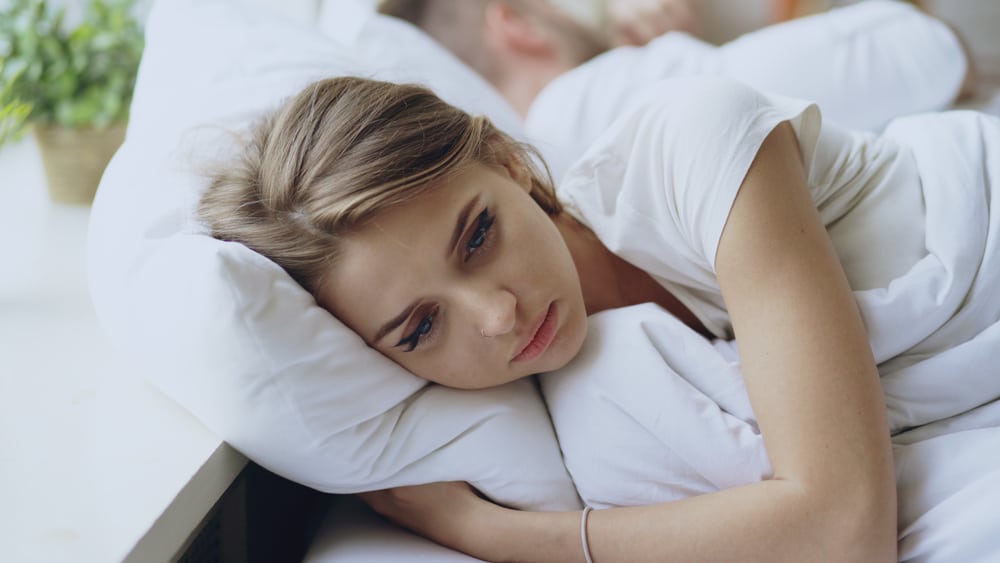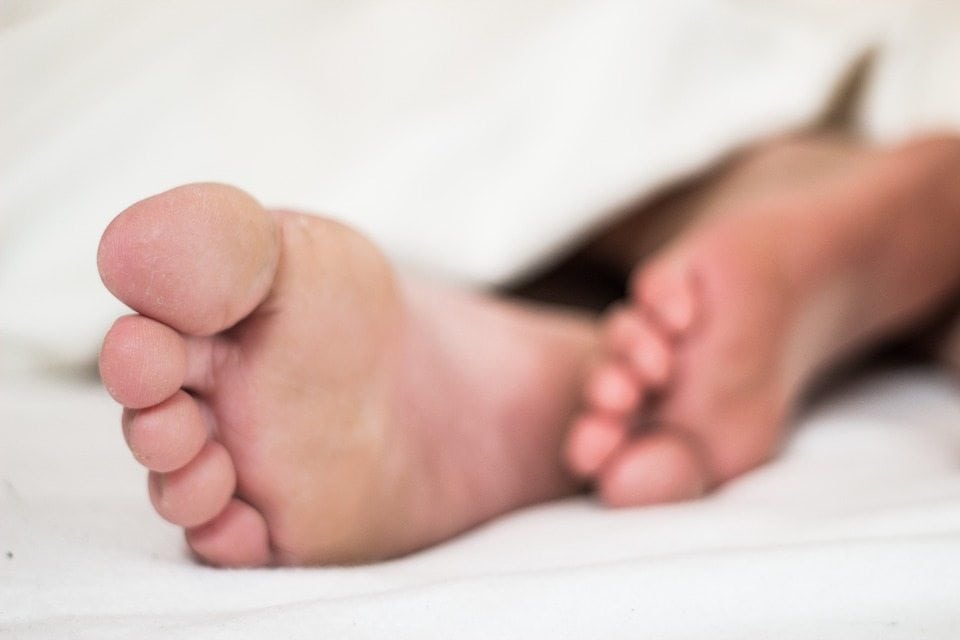With regards to sleep, one topic of debate is whether we slept more in the winter than the summer, and if so at what time and for how long. Given that we now control both our light and temperature one of the most relevant studies on our natural seasonal sleep tendencies involved researching how pre-industrial tribes sleep. One such study was done in 2015 https://www.ncbi.nlm.nih.gov/pmc/articles/PMC4720388/ The study covered the sleep patterns of three different hunter gatherer tribes, 2 living in Africa and 1 in Bolivia. All 3 tribes had similar ‘presumably core’ sleep patterns. Their total sleep period averaged between 6.9 hours and 8.5 hours and within this their duration of sleep was 5.7 to 7.1 hours with an average time of 6.4 hours/day, i.e no different to modern sleep times
In terms of seasonality, two of the tribes lived far enough south of the equator to have substantial changes in day length and temperature. The Hunter Gatherers slept one hour more in the winter than the summer. In such cases the tribe was going to bed later in the summer than the winter. Interestingly, none of these groups began their sleep near sunset. Surprisingly, the tribes went to sleep long after sunset ( by 3.3 hours) and usually were awake before sunrise.
Another study by Friborg et al https://pubmed.ncbi.nlm.nih.gov/22074234/. (2011) compared sleep patterns in Norway, a country that undergoes large seasonal variation in daylight, with Ghana. As Ghana is close to the equator it undergoes very little seasonal variation in daylight through the year. The study found seasonal effects in sleep patterns in Norway. Bed and rising times are earlier in summer, and insomnia, fatigue and low mood more prevalent in winter, with winter tiredness certainly a feature. These winter-summer seasonal differences were not found to be present for Ghana.
Melatonin and Sleep
Absence of light is the major ‘initiator of sleep’ . Our body clocks and internal (circadian) rhythm are tuned to the planet through the natural cycle of day and light. When it gets dark our brain produces more of Melatonin, the hormone which gives us the desire to sleep. Some of this effect however, is now muted by our use of the light bulb at home in the evening.
We also now know that whilst darkness helps us get to sleep but we need lots of light first thing to help make us more alert. Light exposure helps stop Melatonin production, promoting wakefulness. One piece of research https://pubmed.ncbi.nlm.nih.gov/22074234/ highlighted that it’s the stopping of Melatonin with early morning light exposure which has the larger affect on our Circadian Rhythm.
Another recent survey using smartphone data from 20 countries across the globe https://pubmed.ncbi.nlm.nih.gov/27386531/ found that those who reported being exposed to outdoor light go to sleep earlier and sleep more than those who reported indoor light exposure.
In short, our grey winter days lack the clearer distinction between day and night that we enjoy during the summer making our Circadian Rhythm ‘weaker’
Reduction of Vitamin D and sleep
Our natural production of Vitamin D is lower in the winter than the summer, as less sunlight hits our skin. This reduction in Vitamin D production is even more marked for those going to work before sunrise and leaving the office after sunset. Reduced levels of vitamin D are associated with greater levels of daytime sleepiness. Reduced vitamin D may also influence Serotonin levels, which leads to fatigue and in some feelings of depression.
A view from Chinese Medicine
Chinese medicine draws on the famous Yin and Yang to develop an interesting philosophy on the seasons – winter being the time a dark, slow, cold and an inward energy cycle occurs, forcing a reflection of the self. Here we would naturally observe that in winter as the days get shorter, we may feel like going to bed earlier and sleeping later because our body is signalling to us its need to heal and repair.
Tips to combat ‘winter tiredness
Get at least 10-15 minutes sunlight everyday
Preferably, 30 minutes in the sun every day. Exercising outdoors is a great way to do this. If you can’t do this and sit in an office try to sit by the window.
Use an artificial light box
If you feel you are especially susceptible to the decreased light with decreased mood too then using an artificial light box might help lift your mood and get your body clock back on track
Take Vitamin D
This can help with depression too.
Open your curtains straight away too
Get out of bed as soon as the alarm goes and get natural light
If you feel low and depressed
However, for some an increase in sleep in the winter could be an indication of ‘the winter blues’ or even the more severe depression call Seasonal Affective Disorder (SAD). If you think either could be the case visit your GP.









